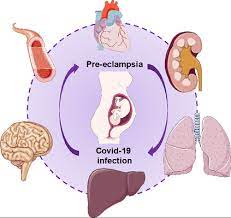- Participants gain insights into the principles of palliative care, including pain and symptom management, psychosocial support, and spiritual care. They learn how to provide holistic care that addresses the physical, emotional, and spiritual needs of patients and their families.
- The simulation provides opportunities to practice communication skills crucial for discussing sensitive topics related to end-of-life care with patients and their families. Participants learn how to have compassionate and effective conversations, including discussing prognosis, treatment options, and goals of care.
- Participants learn how to support and educate families through the end-of-life journey. This includes providing information about the patients condition, helping families navigate complex medical decisions, and offering emotional support and coping strategies.
- The simulation explores ethical dilemmas commonly encountered in end-of-life care, such as respecting patient autonomy, navigating conflicts between patient and family preferences, and addressing cultural and religious considerations. Participants learn how to navigate these complex issues while upholding ethical principles.
- Participants learn about the grief and bereavement process and gain skills in providing support to families during and after the death of a loved one. They learn how to facilitate meaningful rituals and ceremonies and provide ongoing support to families as they navigate their grief.
- The simulation emphasizes the importance of interdisciplinary collaboration in providing comprehensive end-of-life care. Participants learn about the roles of various healthcare professionals, including physicians, nurses, social workers, chaplains, and bereavement counselors, and practice effective teamwork in supporting patients and families.
- Participants learn about the importance of self-care and strategies for maintaining their well-being while providing end-of-life care. They explore techniques for coping with emotional stress and burnout, setting boundaries, and seeking support from colleagues and supervisors.
imaginX is used by many amazing schools and universities
University / College

























